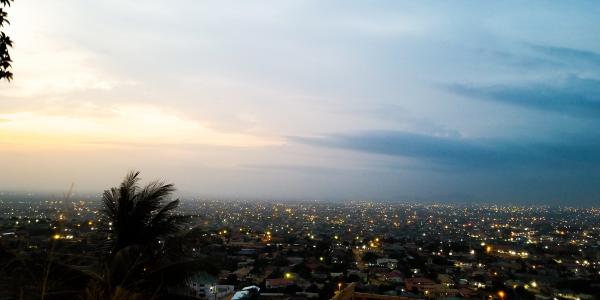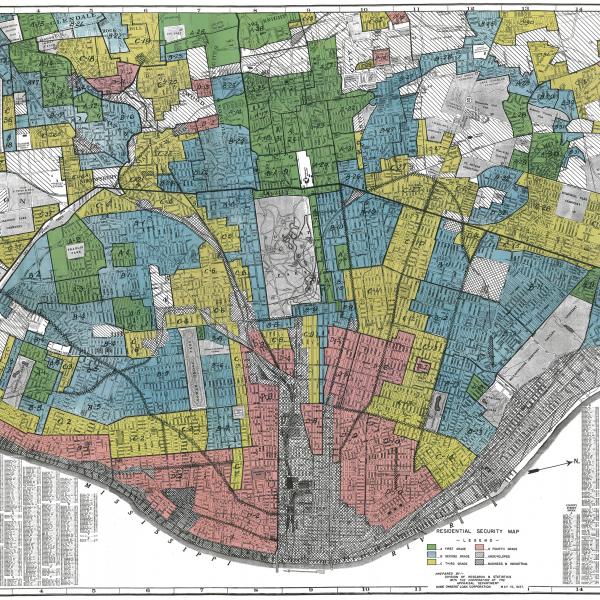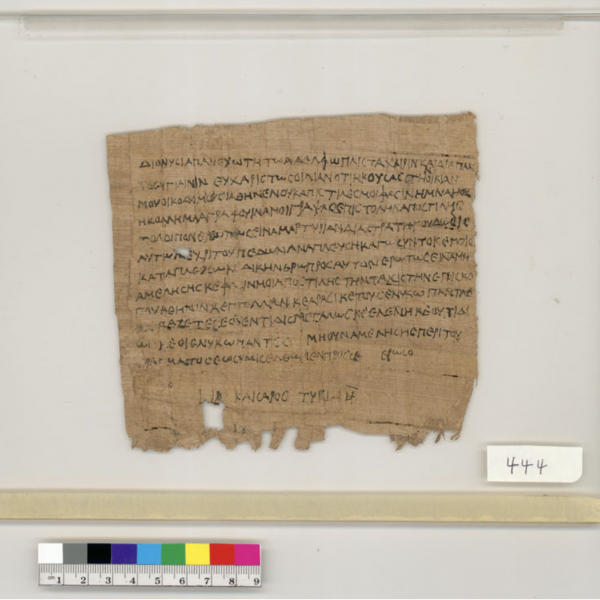André Fischer shares his experience with the residential fellowship program that sends WashU scholars to one of three African universities
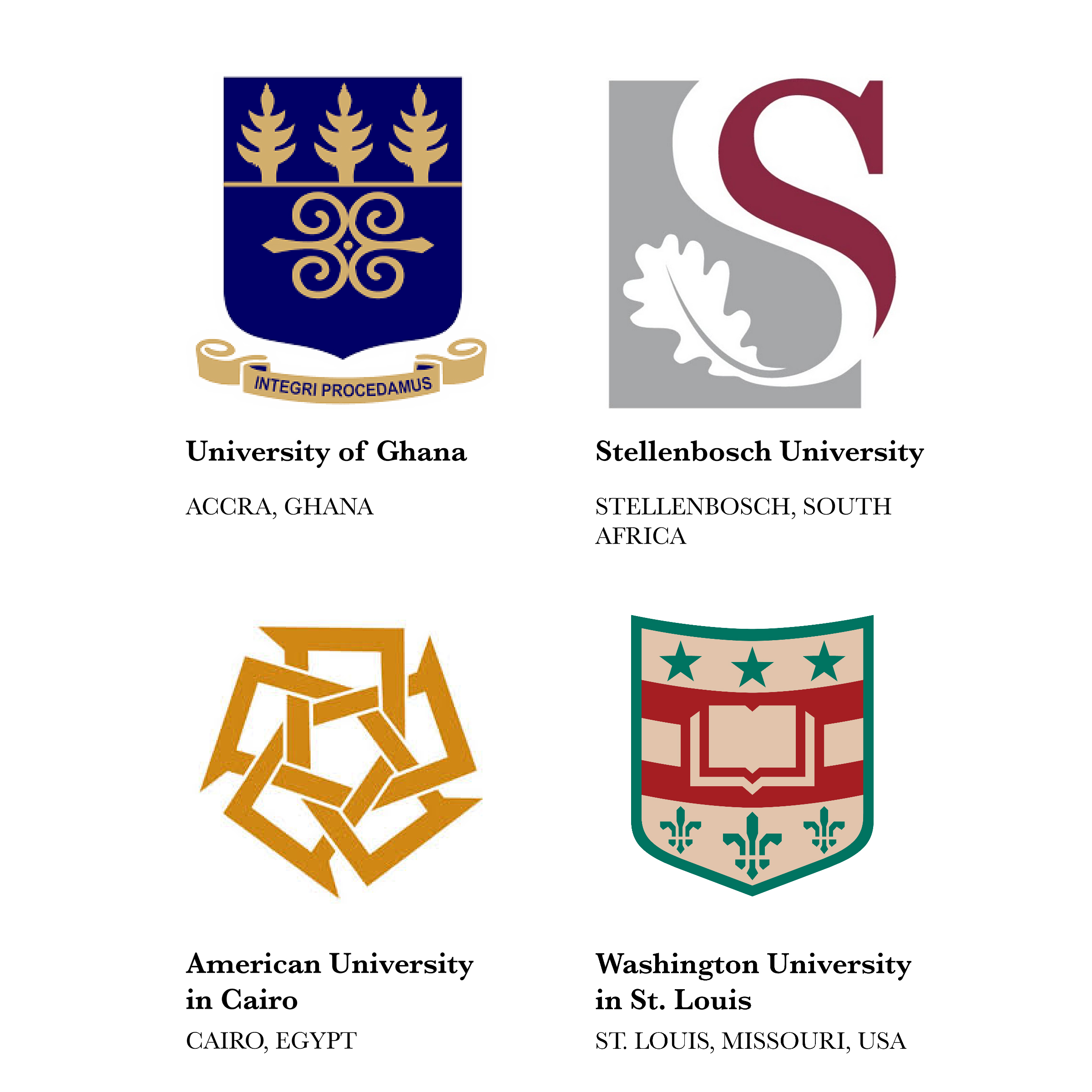
BECHS-Africa Fellowship Program
The aim of the overall project is to create a space for scholars in the humanities to enhance their research agenda in their early career years. The residential fellowship in the collaborating institution will allow for targeted mentorship and guidance for the selected scholars by identified senior scholars who share their research interests, while also providing an avenue for interaction and the sharing of research ideas and methodologies with peers. Please note: Your research field does not have to be Africa-focused.
DUE: Monday, November 6, 2023
After years of pandemic-related delay, Washington University sent its first BECHS-Africa Fellow to the University of Ghana in September 2022. With funding from the Mellon Foundation, and in partnership with the University of Ghana, American University in Cairo and Stellenbosch University (South Africa), the transnational BECHS program is aimed at enhancing research capacity for early career scholars in the humanities by supporting a residential fellowship exchange. André Fischer, assistant professor in the Department of Germanic Languages and Literatures, spent the fall 2022 semester in residence with the University of Ghana’s Institute of African Studies (IAS), an interdisciplinary research institute on its campus. He will return stateside in late February 2023.
While WashU’s Center for the Humanities has hosted four BECHS visiting scholars from partner institutions since its launch — Dorothy Pokua Agyepong (University of Ghana, spring 2020), Austin Dziwornu Ablo and Mariama Zaami (both from the University of Ghana, spring 2022) and Zameka Sijadu (Stellenbosch University, fall 2022) — Fischer is the first WashU faculty member to cross the Atlantic through the fellowship exchange program. Below, we ask him about his research project and his thoughts about his fellowship experience.
Tell us about the project you worked on during your fellowship.
My project focuses on the queer German-Jewish writer Hubert Fichte, who developed an experimental ethnographic writing style he called “ethnopoetry” or poetic anthropology, a sort of fusion of ethnological research and modernist writing techniques. Fichte’s main interest revolved around the role of religious practices in Africa and the Americas, focusing mainly on the transatlantic connections of the Yoruba religions. During his travels in postcolonial Africa and the Americas, he tried to reconstruct the cultural connections between different ritual practices, not only on both sides of the Atlantic, but also across the Mediterranean.
Fichte, who died in 1986, was one of the first German literary authors to develop a postcolonial writing style that reflects the aporias of the white western gaze. While his work has been mainly received in terms of German literary history and anthropology, scholarship has neglected until recently the intercultural dynamics of his work. My project aims to put Fichte in dialogue with writers, scholars and artists from the cultures he engaged with. Through comparative and contextualized readings of materials that Fichte engaged with and adapted into his multilayered text corpuses, I aim to demonstrate how Fichte’s texts confront the political realities of postcolonial Africa with a cultural history that decenters European models of civilization.
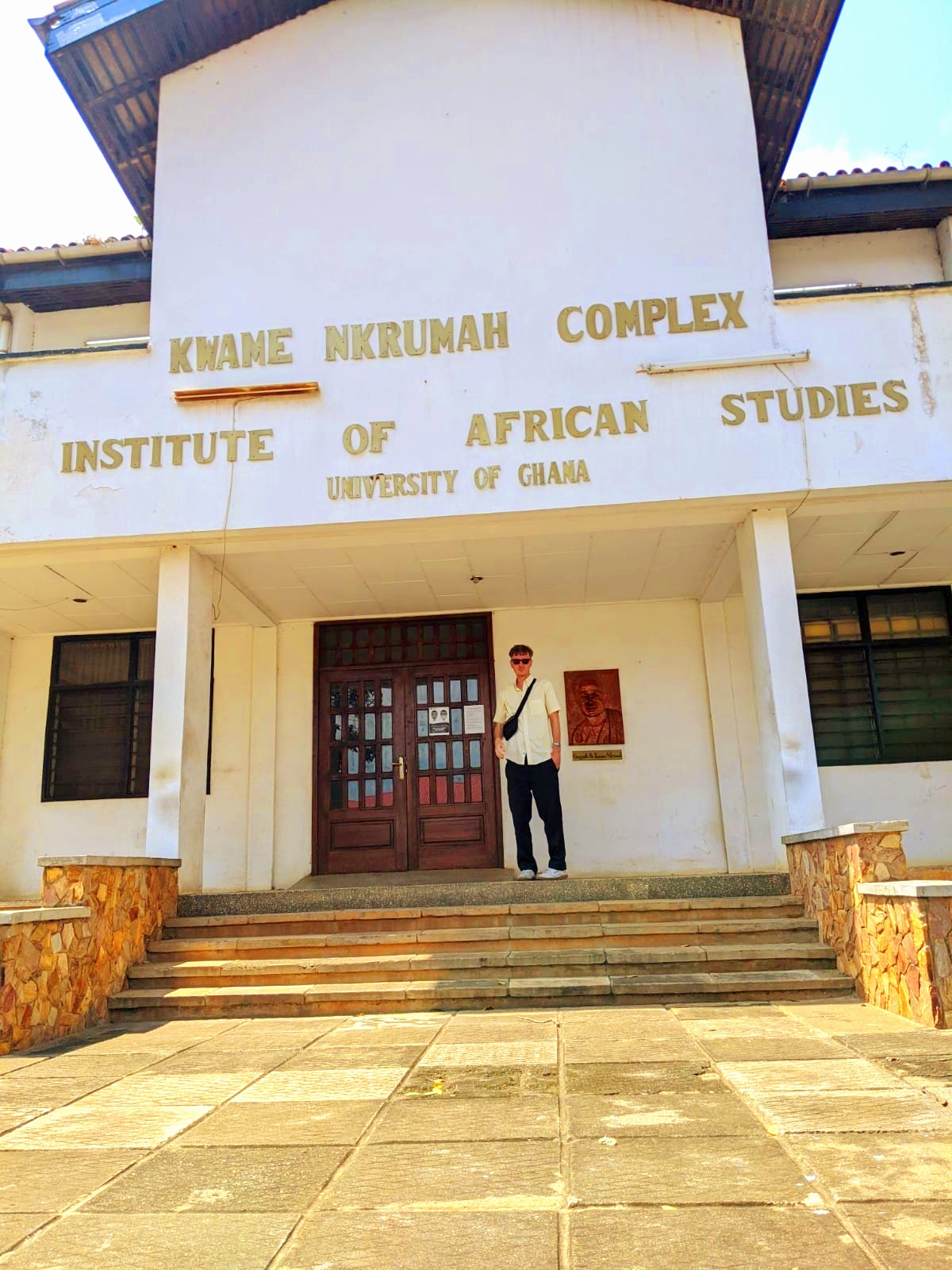
In what ways did the fellowship facilitate your work?
Through the fellowship program I was assigned an academic mentor with whom I discussed my work regularly and who provided valuable feedback. I also had regular meetings with the supervisors of the fellowship and the administrative staff. I had the chance to be in regular exchange with the chair of the institute and the faculty. I had my own office and access to the libraries and archives during their opening times. I was able to attend numerous conferences, talks and workshops at the IAS. I presented in the seminar series of the institute and organized an international workshop on my research.
What was your favorite aspect of the fellowship?
The opportunity to work with a vibrant academic community of African scholars over the course of an entire semester really opened my eyes about the untapped potential of transatlantic scholarly collaboration.
What was the most unexpected thing about your fellowship?
When part of the university staff went on strike — a cause I fully supported — I was unable to access the library for a considerable period.
Finish this sentence: I would recommend this fellowship to faculty colleagues who … are interested in expanding their scholarly and cultural horizons beyond U.S. academia.
Note: The call for applications is now open! Follow this link for details and application materials for the BECHS-Africa Fellowship Program. Applications are due Monday, November 6.
Headline image of Accra, Ghana by Seyiram Kweku on Unsplash

